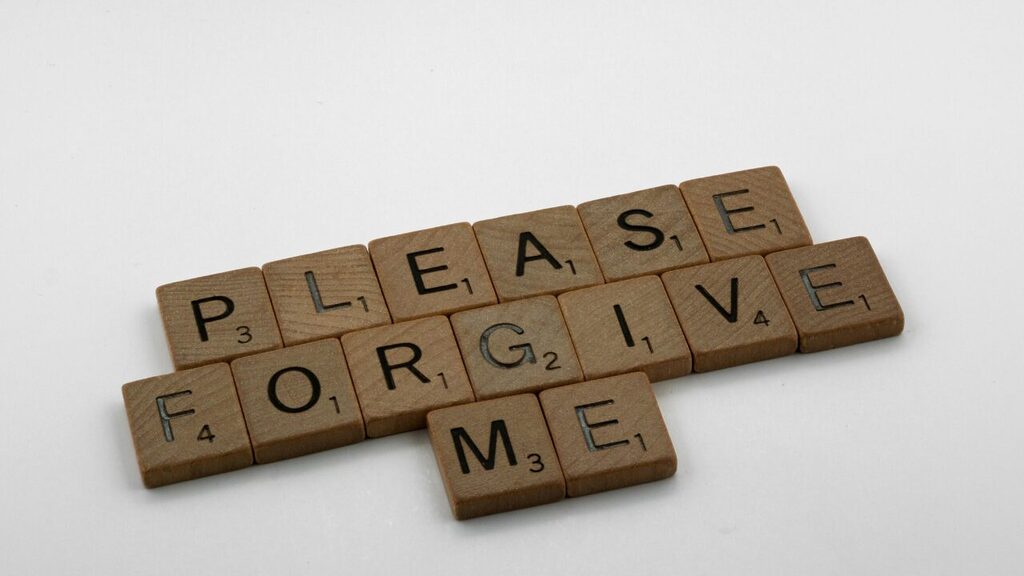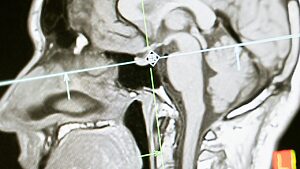The journey to sobriety is often paved with challenges, but one of the most daunting obstacles many face is learning to forgive themselves. As individuals embark on the path to recovery, they frequently grapple with guilt, shame, and regret over past actions. This struggle can be overwhelming, potentially jeopardizing the recovery process if not addressed. However, self-forgiveness is not just a possibility; it’s a crucial step toward lasting sobriety and overall well-being.
The Importance of Self-Forgiveness in Recovery
Self-forgiveness plays a pivotal role in the healing process and is instrumental in maintaining long-term sobriety. It allows individuals to release the burden of past mistakes and focus on their present journey toward recovery. Self-forgiveness is about acknowledging what happened, taking responsibility, and then choosing to move forward.
When individuals hold onto guilt and shame, they’re more likely to experience negative emotions that can trigger relapse. Self-forgiveness, on the other hand, fosters self-compassion and resilience, two critical components for sustained recovery.
The Path to Self-Forgiveness: A Step-by-Step Guide
1. Acknowledge Past Mistakes
The first step toward self-forgiveness is honest acknowledgment of past actions. This doesn’t mean dwelling on mistakes, but rather accepting them as part of your history. Write down the actions you regret, being specific about what happened and how it affected you and others.
2. Take Responsibility
Accepting responsibility for past actions is crucial. This step involves recognizing your role in what happened without making excuses or blaming others. It’s about owning your choices and their consequences.
3. Practice Self-Compassion
Self-compassion is treating yourself with the same kindness and understanding you’d offer a good friend. Speak to yourself as you would to someone you love. Recognize that everyone makes mistakes and that your past actions don’t define your worth as a person.
4. Make Amends
Where possible and appropriate, make amends to those you’ve hurt. This could involve direct apologies, changed behavior, or indirect amends if direct contact isn’t advisable. Remember, making amends is about taking responsibility and showing changed behavior, not necessarily receiving forgiveness from others.
5. Focus on Personal Growth
Channel your energy into personal growth and positive change. Set goals for your recovery and work consistently toward them. This focus on improvement can help shift your perspective from past regrets to future possibilities.
6. Seek Professional Guidance
Self-forgiveness is a complex process that often benefits from professional support. Therapists and counselors can provide tools and strategies tailored to your specific situation.
7. Practice Mindfulness and Self-Reflection
Engage in mindfulness practices to stay grounded in the present moment. Regular self-reflection can help you track your progress and maintain perspective on your journey.
8. Join Support Groups
Sharing experiences with others who understand can be incredibly healing. Support groups offer a space to discuss struggles with self-forgiveness and learn from others’ experiences.
Overcoming Psychological Barriers to Self-Forgiveness
Many individuals face psychological barriers that make self-forgiveness challenging. These can include:
- Belief that they don’t deserve forgiveness
- Fear that self-forgiveness means condoning past actions
- Difficulty distinguishing between guilt (which can be productive) and shame (which is often destructive)
- Perfectionist tendencies that make accepting mistakes difficult
Overcoming these barriers often requires a shift in perspective. It’s important to understand that self-forgiveness isn’t about forgetting or excusing past actions. It’s about accepting what happened and choosing to treat yourself with compassion as you move forward.
The Role of Time in Self-Forgiveness
Self-forgiveness is not an overnight process. It takes time, patience, and consistent effort. Many individuals struggle with self-forgiveness for months or even years. However, the transformation that occurs when they finally break through can be incredible, often described as a weight lifting off their shoulders.
Texas Recovery Centers: Incorporating Self-Forgiveness into Treatment
At Texas Recovery Centers, we recognize the critical role of self-forgiveness in the recovery process. Our comprehensive treatment programs incorporate specific strategies to help individuals work through feelings of guilt and shame.
We offer both individual and group therapy sessions that focus on self-forgiveness. These sessions provide a safe space for individuals to explore their feelings, challenge negative self-perceptions, and develop strategies for self-compassion.
Our approach includes:
- Cognitive-behavioral therapy to address negative thought patterns
- Mindfulness-based stress reduction techniques
- Experiential therapies that allow for emotional processing and release
- Family therapy to address relational aspects of forgiveness
- Ongoing support groups focused on self-forgiveness and personal growth
Embracing Self-Forgiveness for Lasting Recovery
Self-forgiveness is not a luxury in recovery; it’s a necessity. By letting go of past regrets and embracing self-compassion, individuals in recovery can build a stronger foundation for lasting sobriety. The process may be challenging, but with the right support and tools, it’s possible to move beyond guilt and shame toward a future of hope and healing.
If you’re struggling with self-forgiveness in your recovery journey, know that you’re not alone. At Texas Recovery Centers, we’re here to support you every step of the way. Our experienced team can provide the guidance and tools you need to embrace self-forgiveness and build a stronger, more resilient recovery.
Take the first step toward self-forgiveness and lasting recovery today. Call Texas Recovery Centers at 888-354-2194 to learn more about our comprehensive treatment programs and how we can support your journey to self-forgiveness and lasting sobriety.













